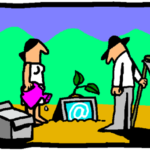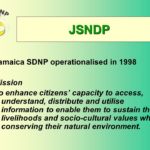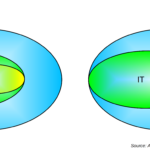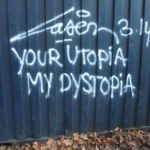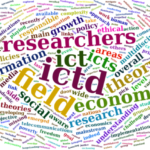The still unfolding events in the Middle East have shown once again the relevance of Information and Communications Technology (ICTs) and the role they can play in critical junctures such as this one. ICTs have also empowered women and provided them with louder voices in such junctures. Indeed, they can now be real participants in promoting social change for human development. In Egypt for example many of the activists and cyber-activists were indeed women who managed to use not only social networks but also mobile technologies to spread the word national and internationally
Let us however not fall into the trap that ICTs and the new social networks inherently promote gender equality and women’s empowerment, as happened in the 1900s with the emergence of the Internet. We know very well that these same technologies can also be used very effectively to maintain the status quo at all levels or even been used to further control women. We also know that there was not such a thing as a Facebook revolution in Egypt (or in any of other countries in the region undergoing change at the moment)
With this in mind, UNDP’s role is to promote the use of ICTs, social networks and mobile technologies to build and strengthen both dialog and engagement between governments (national, local) and non-state actors. This will end up beefing up th public sphere (or public space) where women have equal voice as men and can participate both politically and in critical decision making processes from the onset.
The critical issue is the way in which we as development practitioners can assist national governments, stakeholders and other partners to harness the old and new ICTs to promote international principles, enhance inclusive participation and build institutions that respond more effectively to stakeholders and the people in general. Social networks do democratize access to the technologies and the networks but alone cannot help close the various development gaps that many
developing countries still face today .

